The other day, I saw a post on Facebook claiming that average rent in the US is $1,400. At first, I assumed that this number was skewed by high-end homes and expensive cities. However, people in the comments shared how much their own rent cost for small apartments even in the more cost-effective places, many paying as much as $1,000 for a one-bedroom.
In recent times, the decision whether to buy or rent a home has often hinged on the fact that renting is cheaper. The truth is that most renters are simply unable to put down a deposit on a home in any case. Nonetheless, the increasing cost of rent will have many people considering how to go about saving money to do so.
Price is not the only relevant factor when deciding whether to rent or buy. Renters are unable to do much home improvement, or don’t want to spend money on someone else’s home. If you want to keep your savings in the bank, growing year on year, here’s what you need to know about the interior design you’ll be able to do in a rented home.
Do’s and Don’ts in Rental Property
Do: Paint the Walls in Rented Home
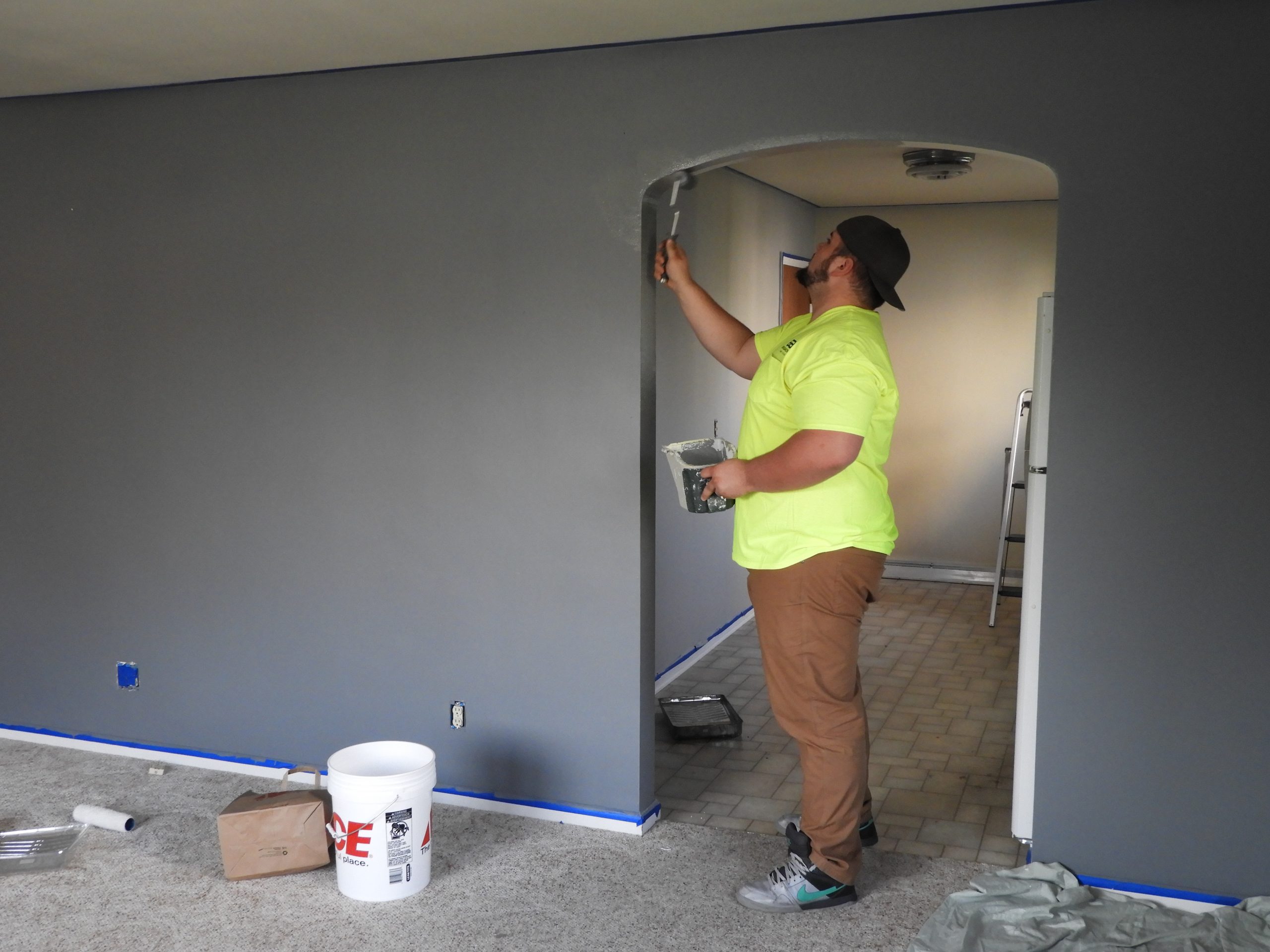
Painting the walls is the bare minimum you can do to make a place feel like home. For one thing, you don’t want to be living in a place with shabby looking walls. Even the best paint jobs with dust-resistant paints get dirty fairly quickly.
For another, you can make statement walls by picking a colour that suits your personal design aesthetic. This can change the whole feel of the home if you do it well. It ties your interior decoration together, or alternatively gives you a basis to work from.
Don’t: Knock Down the Walls
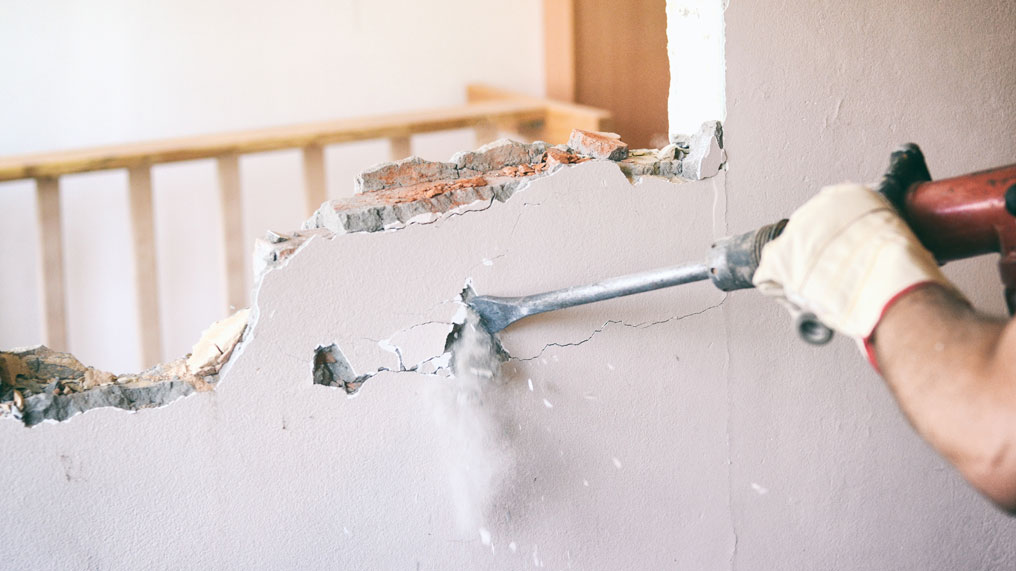
This may seem pretty obvious at first. Who in their right mind would start knocking down the walls of a rented home? However, there are older homes in which knocking down a wall or two would open up tons of space. The owner will be aware of this, and when a renter asks, will probably give them the go-ahead.
The reason you shouldn’t do it is precisely because you are spending money on someone else’s property. They are happy for you to do it because it benefits them, giving them the opportunity to raise the rent or sell for a higher price. You end up spending on the labour, rubble removal, and additional paint and floor jobs.
Furthermore, if something goes wrong and the home gets damaged, your landlord won’t hesitate to keep your security deposit.
Do: Cultivate Plant Life
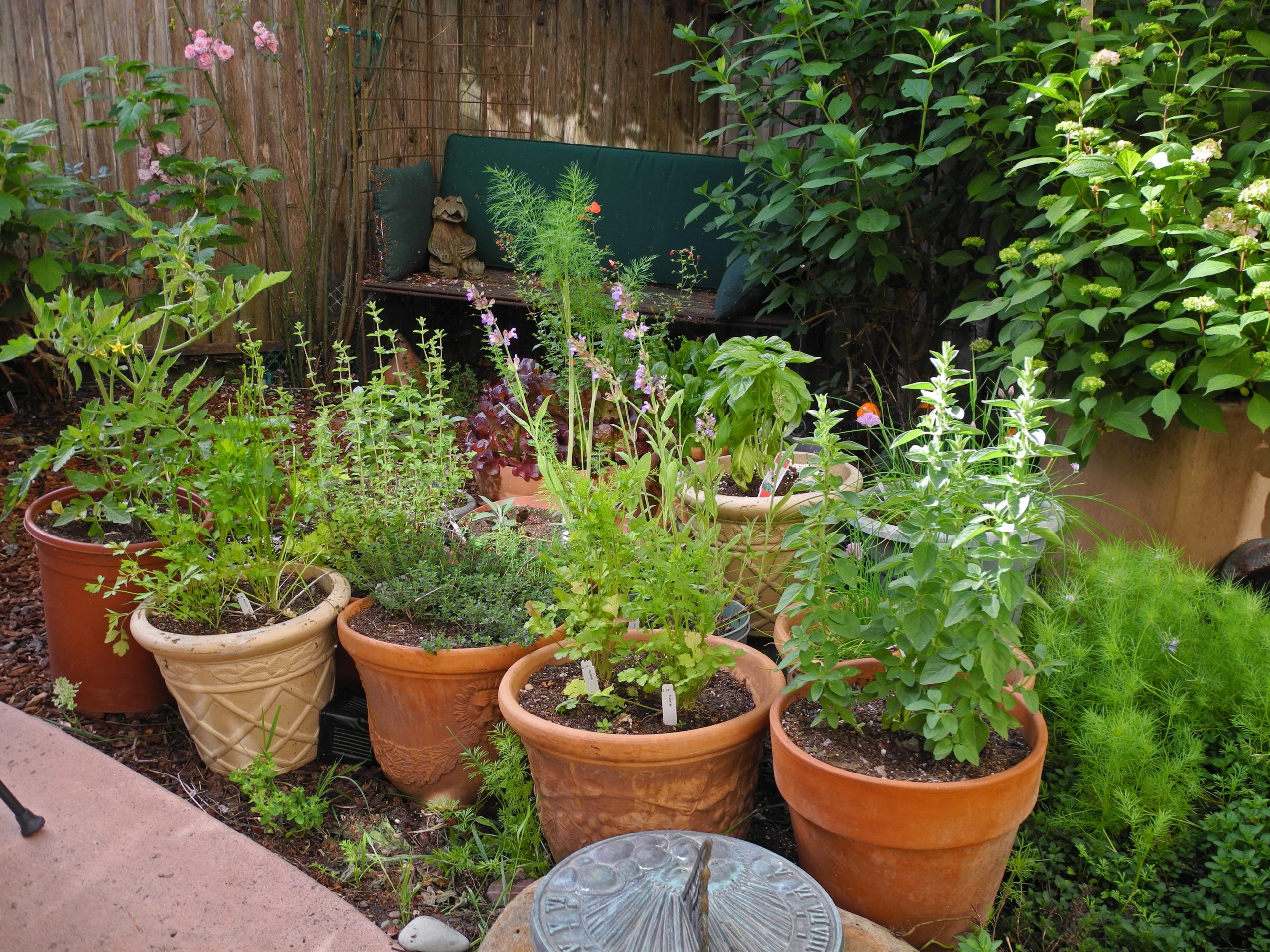
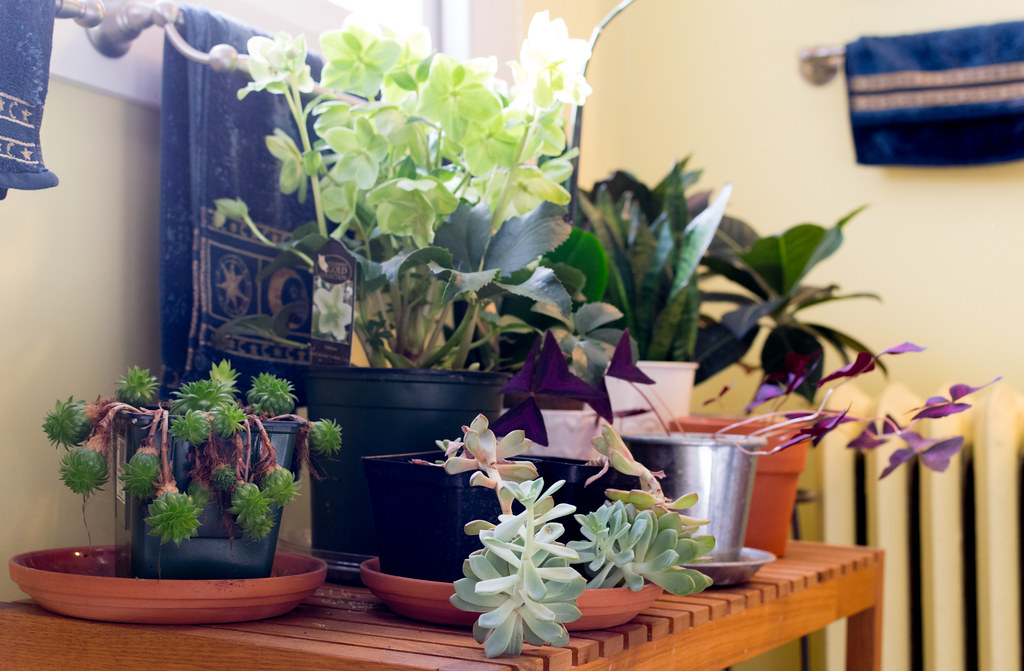
One of the best ways to bring a home to life without changing the structure or spending money renovating is by bringing in plant life. You can build planters to create a herb garden, hang plants in bathrooms, put pot plants on the shelves, and place big statement plants next to furniture.
A home filled with plants has a lot of vitality. These plants can go with you when you move, and keeping them healthy is very gratifying.
Don’t: Change the Light Fixtures
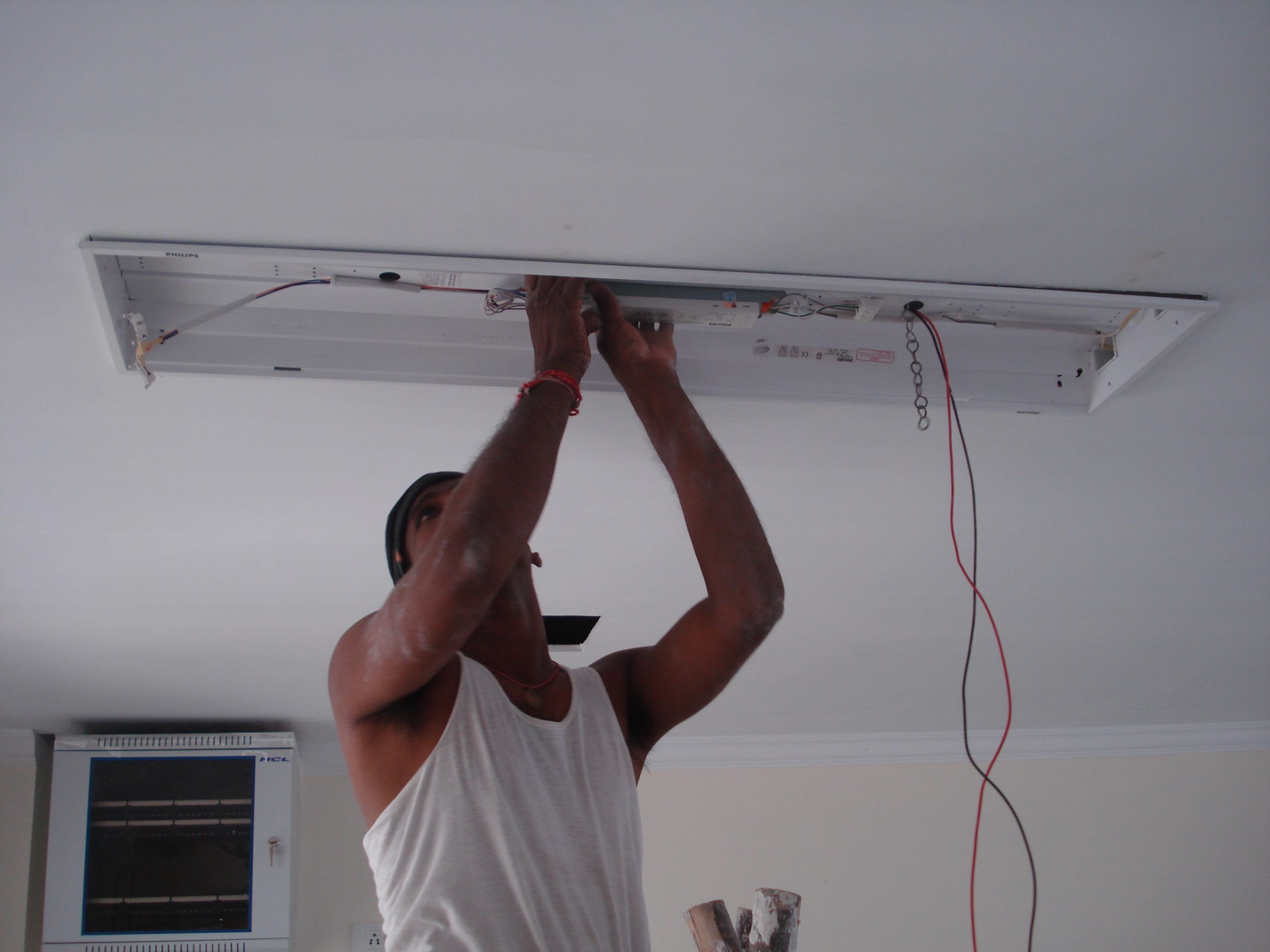
Ugly light fixtures can be very frustrating, and you may feel the urge to change them up. There are tons of beautiful options available online and in home design stores. However, you should probably hold off on doing so.
While you can take most light fixtures with you wherever you go next, you will need to do some electrical work to get them fitted. And if your electrical work leads to a fire, you may be liable to pay for all the damages.
On that note, we should talk about renters insurance.
Should I Get Renters Insurance?
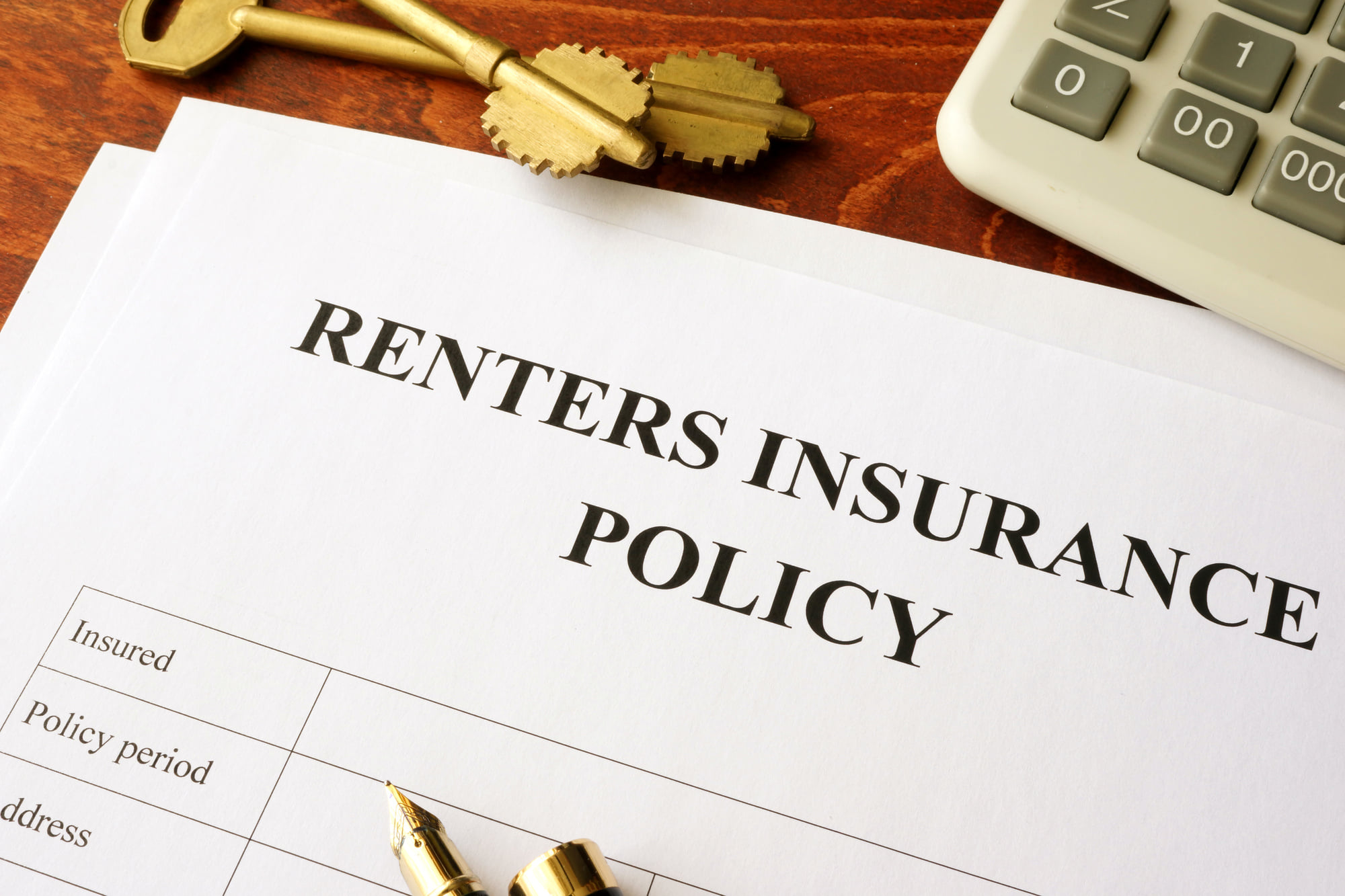
If you live in a rented home you obviously don’t have homeowners insurance. And while the owner of your rented place will have their own insurance, this does not cover your possessions. You need renters insurance.
What is renters insurance? Renters insurance is cover that you can take out when renting a home that will pay for your possessions when they are damaged or stolen (depending on the terms of the cover). It can also cover personal liability, which accounts for claims made against you by third parties (such as your landlord).
Renters insurance is a must for anyone who does choose to rent, especially if you are going to be spending money on items for your home. The more you end up buying, the more you have to lose.
In the end, renting is not ideal, especially with prices going up. However, buying is not always an option. Remember to ask before making any changes, as you could end up spending wasted money.
Must Read:
How to Choose the Right Tenant for your Rental Property?
Rights of Tenants | Signing Rental Agreements of Landlord
Rent or Buy a Home – Which is Better?
Image Courtesy: Image 3